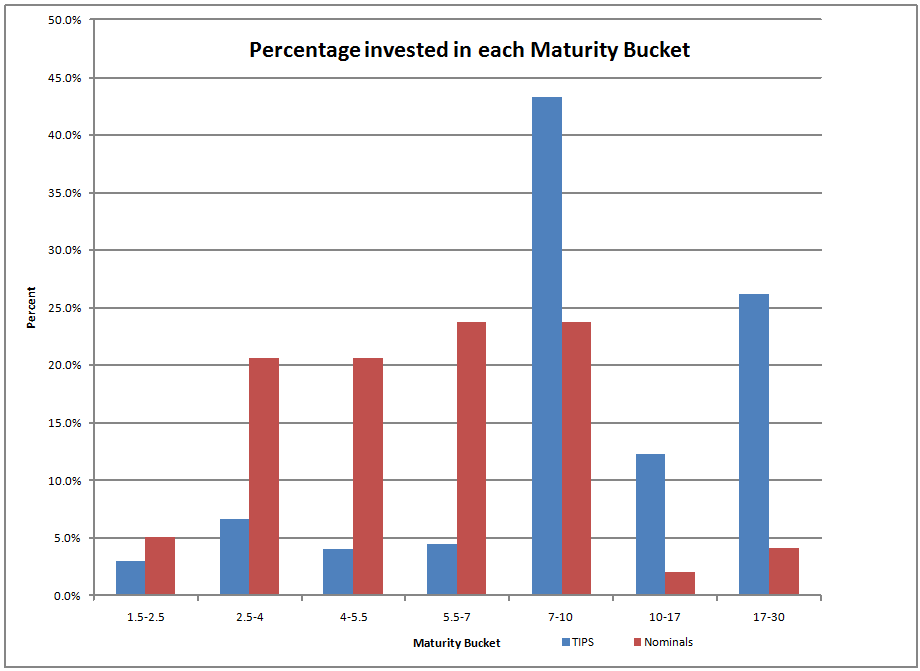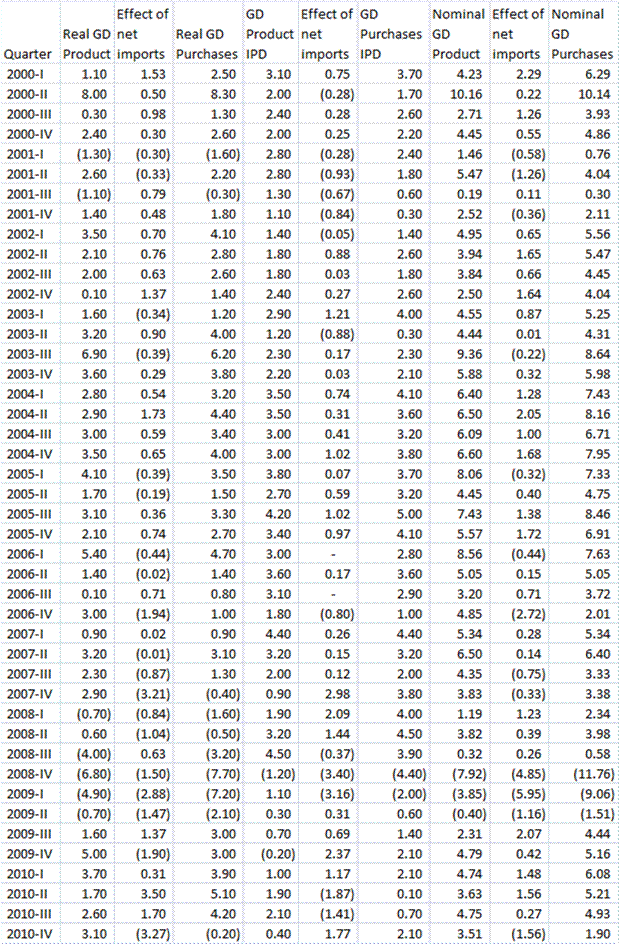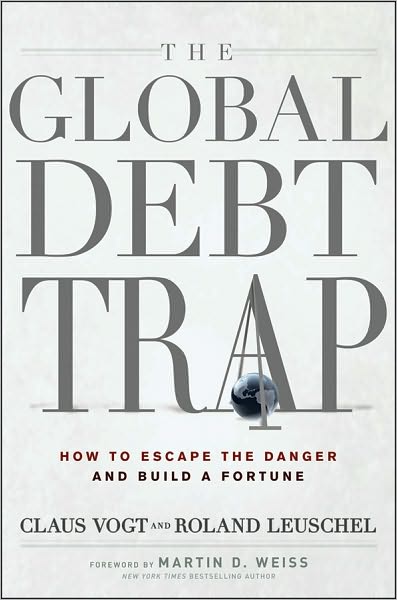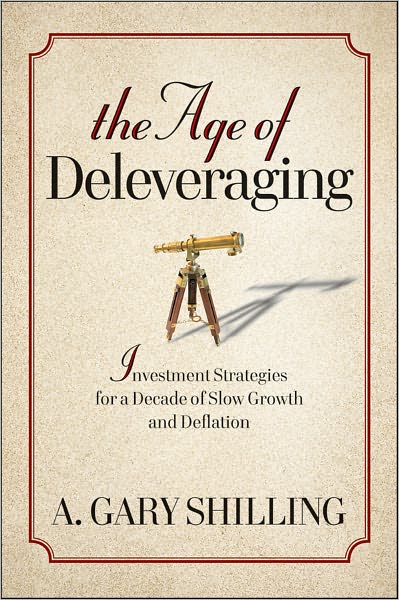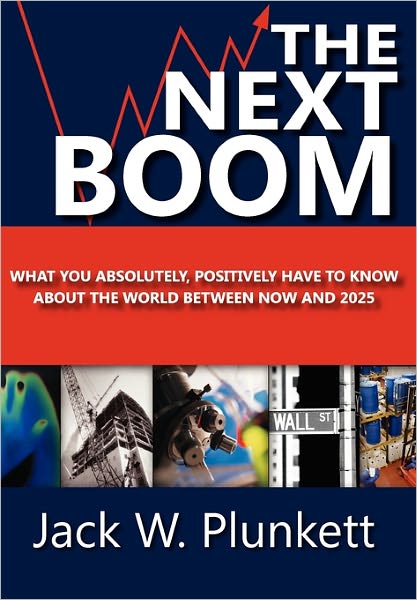Regarding David Sokol, Redux
I am republishing what I added to yesterday’s post, and adding onto it, because many readers would have missed it.
-==-=-=-=-=-=-=–==–==-=-=-=-=-=-=-=-=-=-=-=-
In the cold light of morning, I have thought of one more issue? why is Buffett so loosey-goosey with things that ought to be mandatory disclosures for avoiding potential conflicts of interest?
Every firm I have worked for, and even now at the current small firm that I run, there were/are mandatory disclosure rules. My promise to clients is that I get the same results they do, win, lose or draw.
Regardless, it highlights a weakness in Buffett?s highly qualitative way of managing his company and managers. You not only have to avoid breaking the law; you have to avoid the appearance of breaking the law, or even the ?fairness code,? however defined. And, he has said as much to his managers in his biannual memo to them:
The priority is that all of us continue to zealously guard Berkshire?s reputation. We can?t be perfect but we can try to be. As I?ve said in these memos for more than 25 years: ?We can afford to lose money ? even a lot of money. But we can?t afford to lose reputation ? even a shred of reputation.? We must continue to measure every act against not only what is legal but also what we would be happy to have written about on the front page of a national newspaper in an article written by an unfriendly but intelligent reporter.
Sometimes your associates will say ?Everybody else is doing it.? This rationale is almost always a bad one if it is the main justification for a business action. It is totally unacceptable when evaluating a moral decision. Whenever somebody offers that phrase as a rationale, in effect they are saying that they can?t come up with a good reason. If anyone gives this explanation, tell them to try using it with a reporter or a judge and see how far it gets them.
If you see anything whose propriety or legality causes you to hesitate, be sure to give me a call. However, it?s very likely that if a given course of action evokes such hesitation, it?s too close to the line and should be abandoned. There?s plenty of money to be made in the center of the court. If it?s questionable whether some action is close to the line, just assume it is outside and forget it.
And Buffett implicitly confirms such a view by accepting Sokol?s resignation, with no hint that he tried to argue him out of it, as he did twice before. Implicitly, Sokol?s unethical behavior led to him leaving Berkshire Hathaway ? one can try to dress is up otherwise, but it fails the smell test.
-=-===-=–==–==-=-=–==-=–==-=-=-=-=-=-=-=-=-=-
There are other issues in play here.
1) Sokol received a list of possible takeovers from Citi.? He was acting as an employee of BRK at the time.? As such, BRK should get the first benefit of his insight.? Yes, BRK is an industrial/financial conglomerate, and not a mutual fund.? But the first duty of an employee is to use data given to you for the benefit of the firm, and use it for the benefit of the firm.? Citi was not offering data to David Sokol as a retail client.
I faced similar situations at a fund that I worked for, where I did not make my case well enough for the portfolio manager.? After he did not want to buy my idea, I asked for the freedom to buy it myself.? It was not granted, and I did not buy it.
2) Sokol sent an assistant to hand Buffett the resignation letter; he did not want to face Buffett.? I suspect he knows that he disappointed Warren, and did not want to face him.
3) Buffett comes off high-handed in that he deems his initial letter to be all the data anyone will get on the matter.? I’m sorry, Warren, but the SEC may have a lot to say here — they don’t know that all of the relevant data has been disclosed.? Maybe you don’t either.? Sokol withheld material information from you; might he have withheld even more data from you?
4) Look, give Buffett some credit here — after so many years of doing business and trusting his managers, he has one blowup from a fellow who is temperamentally hotter than most of his managers.? This incident does not characterize Berky, but it does point out a weakness.? If I were talking to Warren, I would say this:
Look, Warren, you can centralize your company now, under your terms, while you are still alive and thinking clearly, or the company will do so after you die, and you will have no influence in the matter.? The failure with Sokol is basic, and you should have admitted fault in not asking him the size of his position, since you have been informal in requiring disclosure of investments from high-ranking employees.? Start analyzing Berkshire now, as an integrated company, and ask what you want centralized, and what you leave to the subsidiaries.
5) Sokol did not follow BRK’s ethics rules:
All directors and executive officers of the Company, and the chief executive officers and chief financial officers of Berkshire Hathaway?s subsidiaries, shall disclose any material transaction or relationship that reasonably could be expected to give rise to such a conflict to the Chairman of the Company?s Audit Committee. No action may be taken with respect to such transaction or party unless and until such action has been approved by the Audit Committee.
and
Covered Parties are prohibited from taking for themselves opportunities that are discovered through the use of corporate property, information or position without the consent of the Board of Directors of the Company. No Covered Party may use corporate property, information or position for improper personal gain and no employee may compete with the Company directly or indirectly. Covered Parties owe a duty to the Company to advance its legitimate interests whenever possible.
Sokol had the idea of Lubrizol as a result of his position at BRK.? That data belonged to BRK, not Sokol, and he should not have used it for personal gain.
6) Is Buffett too trusting?? I would say no, but would add “Trust, but verify.”
7) As for Charlie buying shares of BYD, Charlie was not an employee of BRK, but a director, and as such, has a different standard of duty to BRK.? Sokol was an employee, and as such owed a duty to BRK to use data he received for the benefit of BRK first.
-==–==–=-==-=-=-=-=-=-=-=–==-=-=-=-=-=-=-=-=-=-=-=-=-=-=-=-
I intend this as my last comment on Sokol, unless some amazing new data arrives.? Sokol and Buffett both blew it, but in different ways.? Sokol could have:
- Left years ago.? Why wait to pursue a dream when you are already rich?
- Told Buffett the full story voluntarily.? He had a lot of credibility inside Berky, so why not?
- Donated all profits to charity.? (Weak, but mighta worked.)
Buffett could have:
- Asked for the position size.
- Asked him to sell as a condition of the merger.
- Had better more regular disclosure of brokerage accounts from top employees.
What a mess.? Buffett should say more on this matter.? I believe he will be hurt if he says nothing more, without government coercion.


